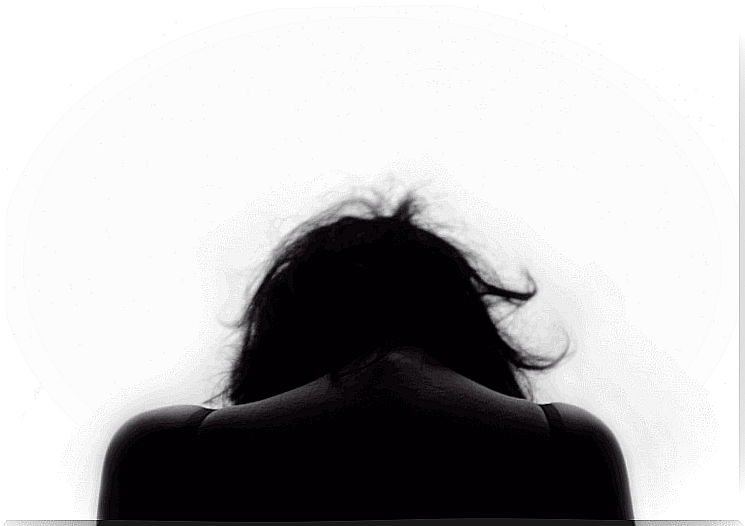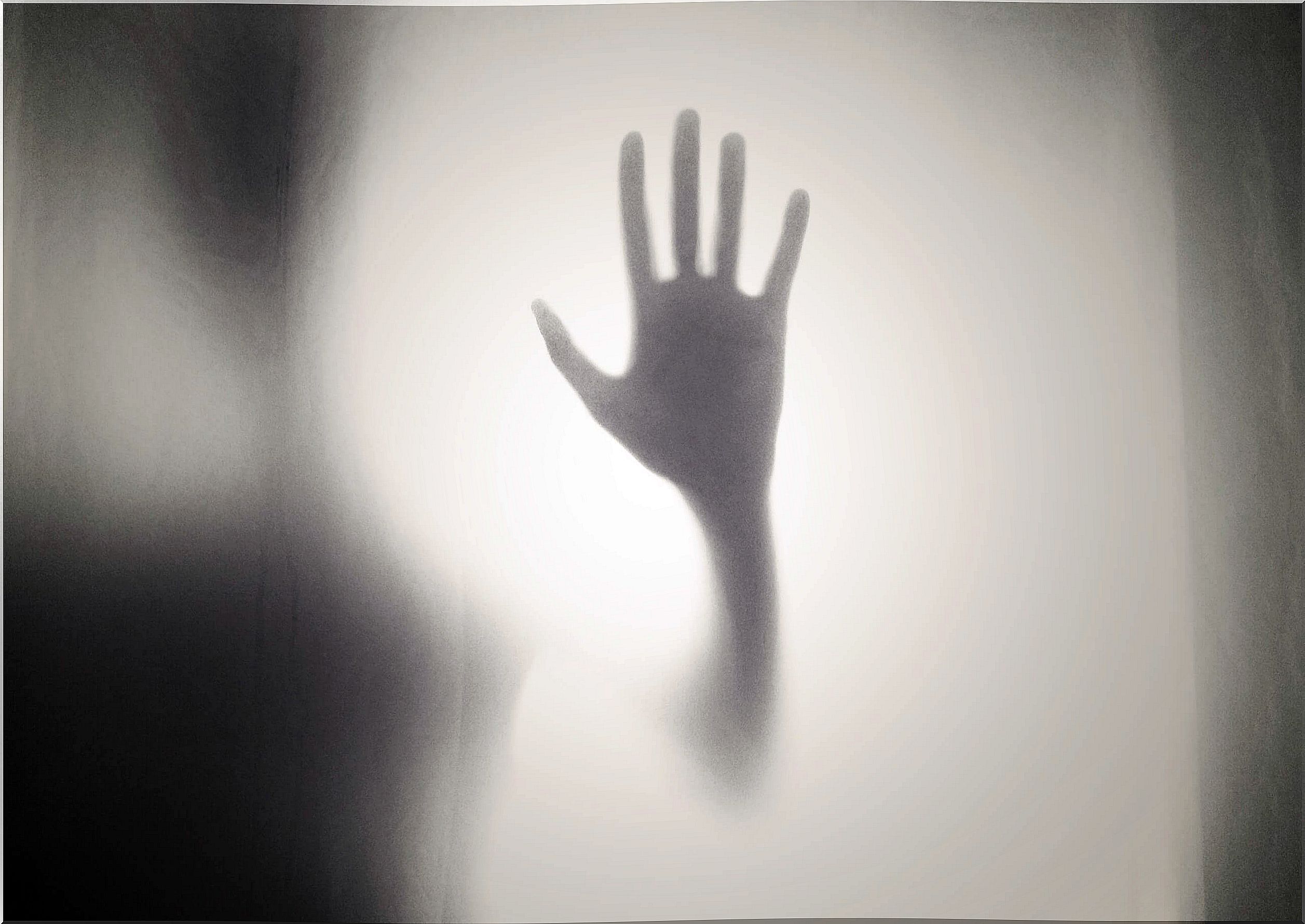The Invisible Trace Of Abuse

When people talk about abuse in the media, they often refer to the number of complaints that have occurred in a specific period of time or the number of people who have died at the hands of their partners. But abuse is not just that. It involves much more for those who suffer from it, who on the other hand are not all the people who appear in the figures (false positives and false negatives).
Beatings or bruises are rarely discussed, least of all about unseen wounds. Because it’s not just the body that gets hurt. When you are in a situation of abuse, it is normal for a great psychological discomfort to appear that is there and that must be remedied, starting by putting that voice so often silenced.
Post-traumatic stress disorder in victims of abuse
When we talk about PTSD, we usually associate it with natural disasters, robberies, murders or attacks. But not to abuse, when it can also be applied to this area. In fact, this disorder is characterized by re-experiencing the event, restlessness and the unsuccessful attempt to forget it, symptoms that are often observed in victims of gender violence.
Post-traumatic stress disorder in these people has very specific characteristics. On the one hand, it is normal to suffer traumatic events again at any time, and above all for your partner. This makes her alert and constantly vigilant, as the one who inflicts harm on her is the one who is supposed to support and protect her.
On the other hand, trauma gradually erodes the emotional state of people who suffer it, since it usually takes years to ask for help. In fact, it is common for the aggressor to continue to avoid a new aggression, so the victim often perceives that there is no possible solution to their situation (learned helplessness, abandonment).

Battered Woman Syndrome
The fact of perceiving that there is no solution to what happens to them, that is, entering into learned helplessness can also lead to the battered woman syndrome. This adapts to the situation you are experiencing and minimizes pain. But not only that, it also distorts reality, denying or diminishing the seriousness of the problem that he suffers.
In addition, you can change the way you perceive both others and yourself. In this sense, he can deceive himself and idealize the abuser, convincing himself that he will stop attacking her because he is in love with her. In fact, she can exonerate him and blame herself for the situation she is experiencing, coming to think that the treatment she receives is fair.
Abuse and depression
Victims of abuse often have low self-esteem. But they are also often isolated, which means that they do not get social support or positive emotional reinforcement. All this weakens the person even more, which can lead to depression.
This disorder, in turn, makes it difficult to make decisions and concentrate, in addition to producing a deterioration in work performance and an increase in insecurity. In this way, women enter a vicious circle in which it is increasingly difficult for them to get out of the situation of abuse.
But depression has another consequence: suicide. In various studies, it has been observed that 29% of women admitted to the emergency room for attempted suicide were victims of abuse. In fact, the probability of suicide among battered women is five times higher than in the general population.

Anxiety associated with abuse
As you can imagine, anxiety disorders are also more prevalent among battered people than among those who are not. In addition to the aforementioned post-traumatic stress disorder, phobias, agoraphobia, generalized anxiety disorder, and obsessive compulsive disorder have also been found to be greater.
The latter seems to arise as an attempt to manage the anxiety that arises in such an unpredictable situation. In this way, obsessive thoughts about the abuser appear, as well as compulsive behaviors to try to reduce the anxiety that is generated by these phrases that appear in his mind.
The abuser exerts his power and force on his victim in such a way that he ends up destroying the other, and he does so both outside and inside. On a psychological level, abuse leaves a mark on the abused person that can have dire consequences, so it is important to pay attention to them and provide a possible way out of the situation in which they find themselves.
Images courtesy of Chris Lawton, Tertia Van Rensburg, and Rene Bohmer.









